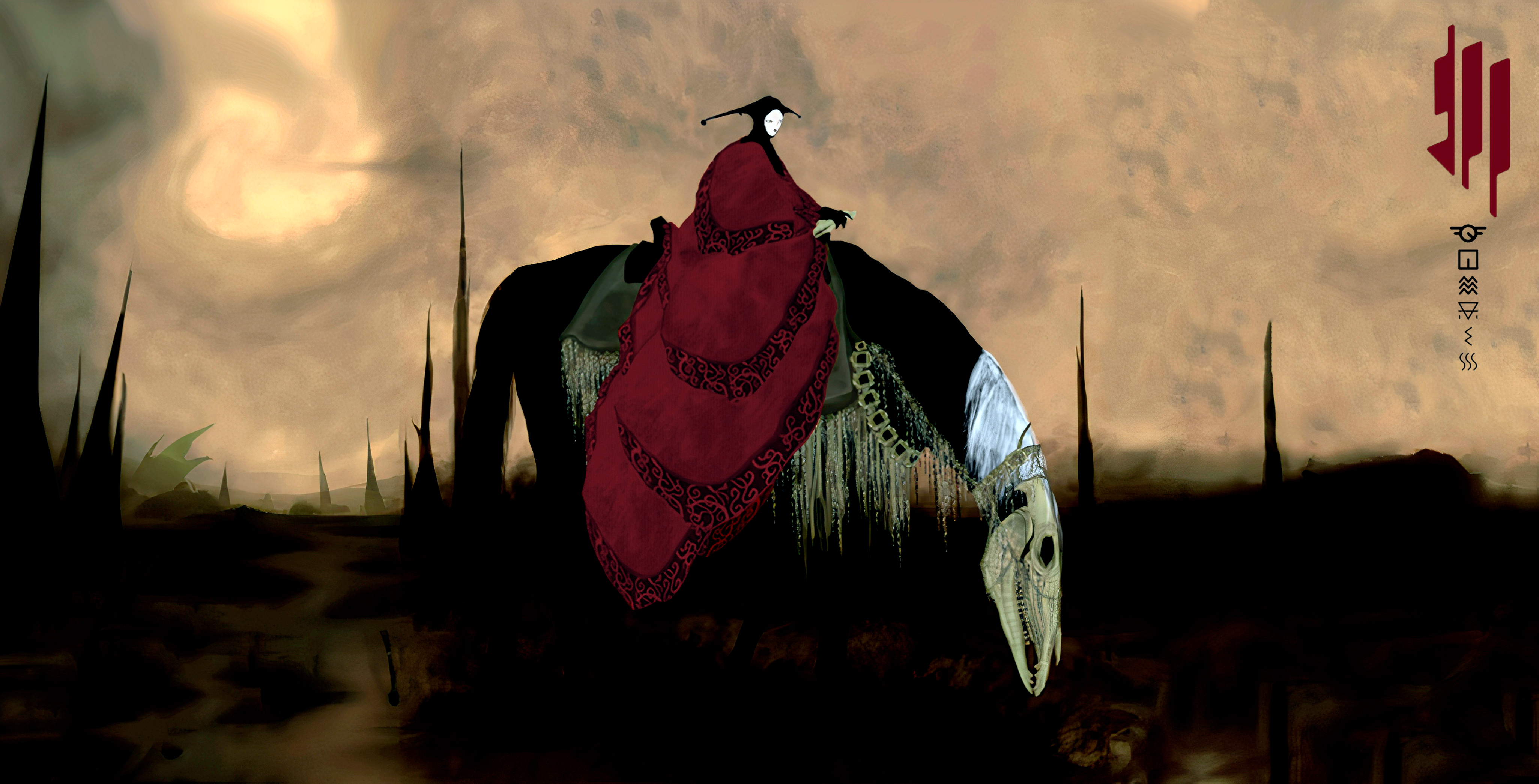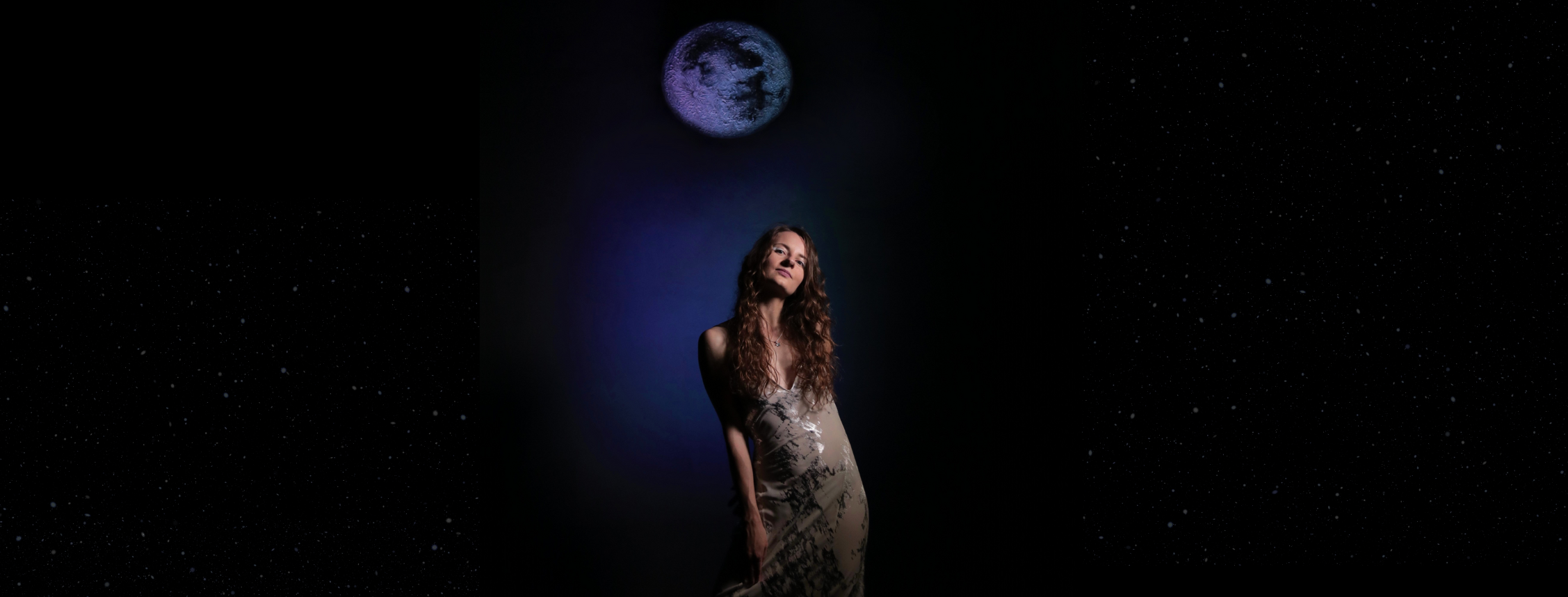Review: Mura Masa
By Mo Hafeez
When presented with the tracklist for Mura Masa’s full length debut, it’s easy to be confused – there’s a veritable sea of features to be spied, from heavyweight names such A$AP Rocky, Damon Albarn, and Desiigner, to other non-household names including Jamie Lidell, Tom Tripp, and A.K. Paul (brother of the ever-elusive Jai Paul). Prior to listening, it’s understandable why some worried that the true essence of Alex Crossan’s music had given way to a networking an A&R mission.
However, the melting pot of personalities reflects the Guernsey producer’s journey from a small-town small-island Soundcloud remixer and bootlegger to a global frontrunner to the genre. He reigns in hip-hop, rock, various formulations of pop, trap, and house, spinning them in his own web before unleashing it upon London, a city which comprises of, in essence, many smaller sub-cities which represent the artists’ forays into various subcultures and indeed subgenres. He paints each location with a warm and calculated glow, minimalistic but never bordering on boring, definitively current but holding subtle call-backs to musicians of the past.
Brooklyn’s polarising Desiigner is used to perfection in ‘All Around the World’, a song that will undoubtedly slot straight into all modern hip-hop lovers’ playlists, whilst maintaining electronic fans’ attention simultaneously – flute is utilised not in the same vein as Future’s ‘Mask Off’, but instead recalls an early Crossan track, ‘Lotus Eater’. Trap bass keeps the track bouncy and danceable, a feel-good summer track if I’ve ever heard one.
Whilst A$AP Rocky’s feature to the album iteration of ‘Love$ick’ adds nothing ground-breaking to the tropical steel-drum infused instrumental, it does not take too much away at the same time – the sentiment of emptiness in some specific romantic encounter remains, showing the producer’s ability (rather than the rapper’s) to imbue some more melancholy moods in the listener.
This is most true in the closing track of the album, featuring Crossan’s idol Damon Albarn (of Blur and Gorillaz fame). An unconventional love song, it displays the more negative aspect to what externally appears to be a strong relationship – over-attachment and over-reliance are key themes, and the emotions they evoke pour through Albarn’s vocoded vocals, surges of bass underlying synths and manipulated guitars whilst a harp shimmers and flutters atop. Following the more upbeat entirety of the album, the decision to end with this track gives it all the more impact.
Mura Masa then turns talent spotter, enlisting newcomer Tom Tripp in ‘helpline’, which blasts into fifth gear immediately with a punk/garage rock intro, which when paired with Tripp’s vocals could bring comparisons to The Streets – the track then explodes into a future-garage-funk race, successfully bringing out emotions of panic and rush following a messy night-out gone from bad to worse.
The preceding ‘NOTHING ELSE!’ with Jamie Lidell is even more of a funk-throw back, Lidell’s vocals holding a throwback tone, whilst his songwriting brings the track back into the present (and indeed the future), along with, of course, the synthier aspects of Crossan’s production. Think Prince combined with Calvin Harris’s most recent effort, Funk Wav Bounces Vol. 1.
It’s a shame that the two tracks where Crossan works by himself, ‘Messy Love’ and ‘Give Me The Ground’, fall slightly flat compared to the rest of the album. They feel introductory and interlude-styled respectively. Mura Masa does not stray too far from what he knows works, with recognisable sounds coming in the form of marimbas and harps being strewn across the track in the former. The latter evokes Bon Iver, a banjo being plucked away as the artist croons with the aid of auto-tune – it’s not actually a bad track, but in the middle of such a full and rich album, it sounds lost and out of place. The rest of the album however does excuse these small woes.
With such an array of sounds, emotions, atmospheres, and artists to work with, it’s easy to see why the eponymous effort has appealed to a wide range of listeners. his album remains facing forward into the future – his stage name, taken from a 16th Century Japanese swordsmith, fits the cutting-edge nature of his work. When the listener hears the first few bars of virtually any Mura Masa song, they know instantaneously who they are listening to.
Catch Mura Masa online to purchase his debut album.



